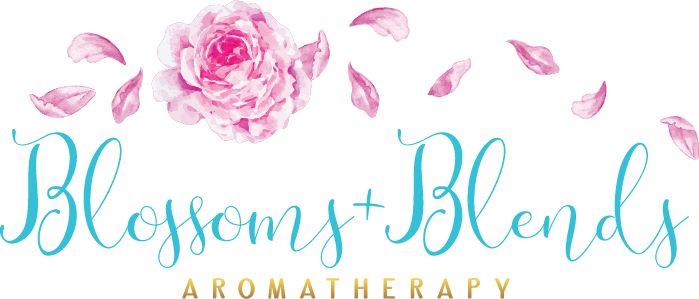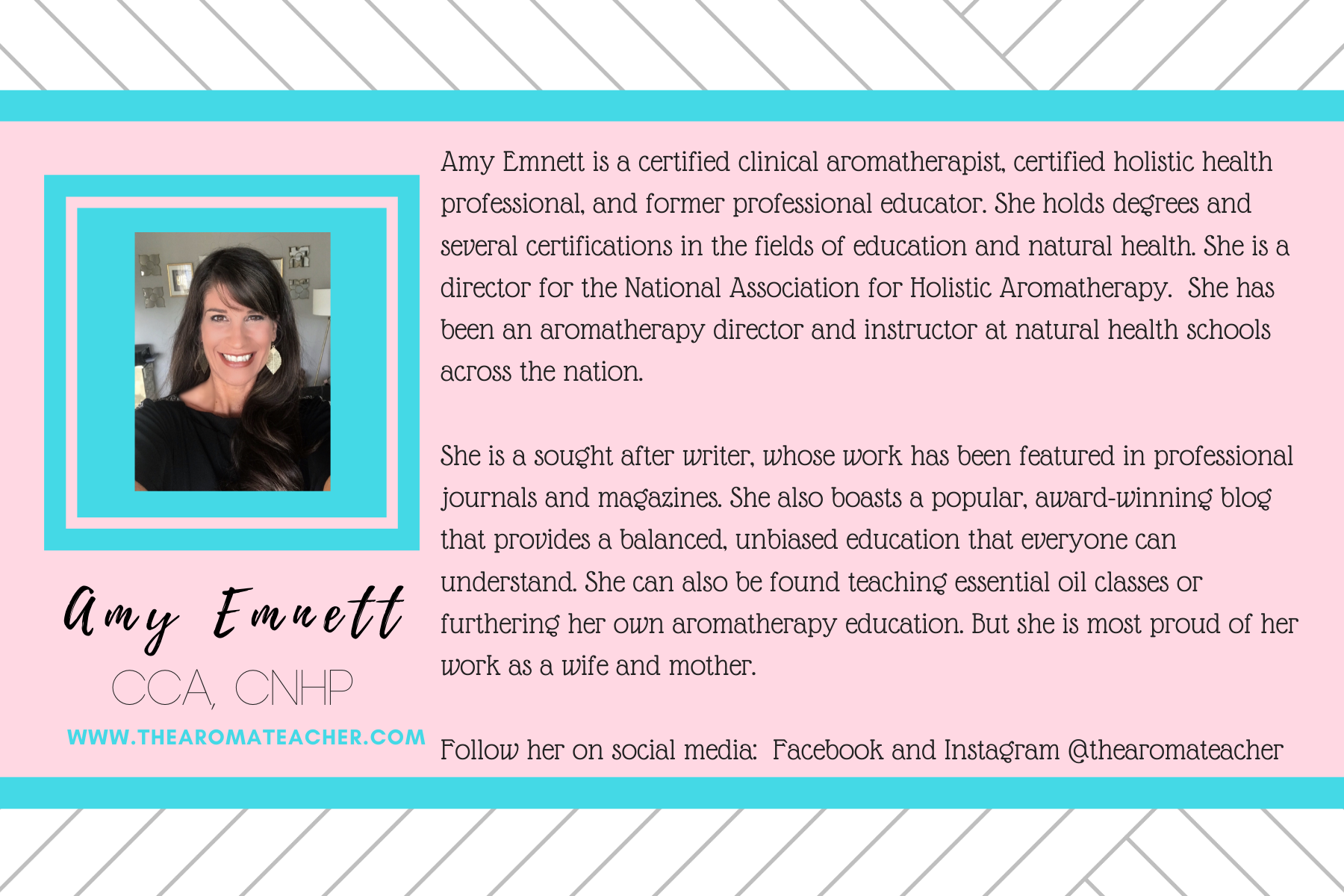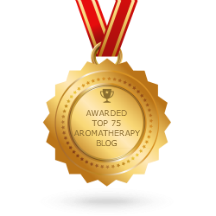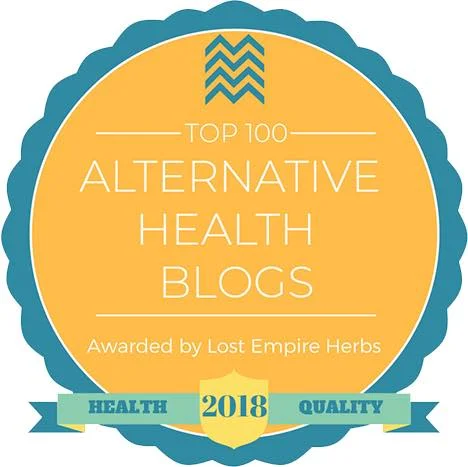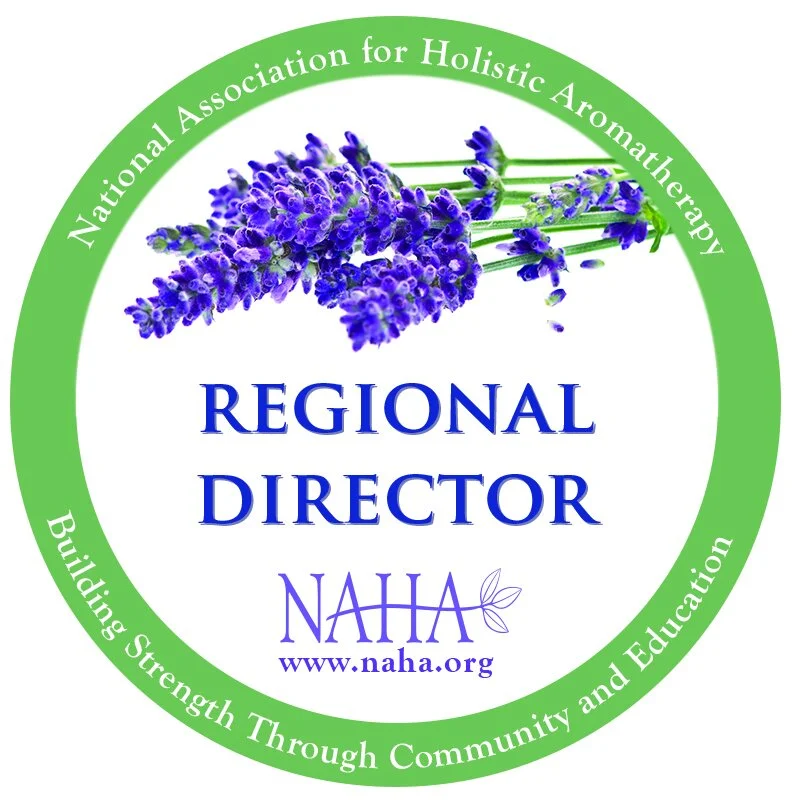"Can I add a few drops of lemon oil to my water?" If I had a dollar for every time I read that question in a Facebook group, I could buy myself a new wardrobe. Or maybe even a vacation home. Who am I kidding? I'd probably spend it all on essential oils. But in all seriousness, this question is brought up a lot. People are encouraged to add drops of lemon essential oil to their water by MLM reps and misguided people in the natural health industry.
Is it a preferred practice with professional aromatherapists? That would be a big fat no. According to the National Association for Holistic Aromatherapy, "Do not take essential oils internally without appropriate advanced aromatherapy education and understanding of the safety issues involved in doing so." (https://naha.org/explore-aromatherapy/safety/naha-safety-statements/).
But people still do it? Why?
Let's review the comments I see in defense of this practice and dispel the myths, shall we?
1. "I need it to detox."
First of all, let's remember that we have this great organ called a liver that detoxifies our bodies for us. Are we exposed to everyday toxins? Absolutely. Are there times when detoxifying may be necessary. Sure. But everyday? Not so much.
Secondly, essential oils do not detoxify. " In true detoxification, something is removed, diminished, or eradicated. To really drive a detoxification response, an essential oil would have to directly engage with the body’s elimination systems." (http://tisserandinstitute.org/essential-oils-and-the-detox-theory/)
Third, essential oils, even though botanically based, are not recognized as nutrients to the body. They do not contain vitamins or minerals. Therefore our body must process them just like anything else that is not a nutrient. So essentially, you are adding to the body's workload, not making it easier. If you want nutrients, use a real lemon wedge in your water.
2. "I do it so I don't get sick."
Do you take an antibiotic everyday to avoid getting sick? No.
Essential oils have therapeutic properties. They are potent and should be treated with the same respect as medication. When you are exposed to sickness, by all means, use essential oils. But ingesting them for preventative measures isn't necessary nor effective.
3. " I've been doing it for years and never had a problem"
This is a faulty logic. Just because you haven't died from lung cancer yet doesn't mean that smoking is safe. You can do something that is not healthy for you and not have adverse effects for years. This does not mean something is good for you.
4. "It has GRAS status so it's safe."
First of all, GRAS (Generally Regarded As Safe) status is intended for FOOD, not water. It means that essential oils can be used in the food flavoring industry within a very small, specified range. This does not carry over to using them in your water at home.
Secondly, the amount that is considered safe in food versus putting drops in your water is like comparing apples to oranges. In fact, the GRAS status is PPM (Parts Per Million). The safe perimeters are measured by one drop of essential oil per million drops of pasta sauce. So a couple drops in a 8 ounce glass of water falls outside of the guidelines of GRAS status.
5. " This is natural, so it's ok."
First of all, oil and water don't mix naturally. In order to combine both oil and water, you need an emulsifying agent. Putting a few drops of essential oil directly in your water without an emulsifier or dispersant, elevates your chances of gulping undiluted drops. This could cause damage to your esophagus or other internal organs. If you are going to use essential oils internally, there are better ways to do it than putting a few drops in water.
The natural equals safe argument is faulty as well just by looking at the high concentration levels of essential oils. It takes hundreds of pounds of plant material to make one pound of essential oil. You wouldn't ingest that many lemons in one day so why do you think ingesting a few drops of lemon essential oil is warranted?
This argument is also inaccurate. As vintage aromatherapist Marge Clark likes to say, "Anything that is powerful enough to heal is powerful enough to harm." Botanically derived products can be very successful in supporting ones health and wellness when used properly. Misuse of any botanical can have detrimental effects.
What about ingesting in general?
I truly believe that essential oils CAN be used internally in certain situations but under the care of a clinical aromatherapist who has been trained in aromatic medicine. In my training, I have learned that dosage, posology and phasing is of the utmost importance. Without this knowledge, along with knowledge of pharmacokinetics and pharmacodynamics, real damage to the body can occur. Aromatic medicine is precise. It is complex. It should be left to the professionals to formulate, not the mommy bloggers or the sales reps.
So, you see it makes no sense to be a "lemon dropper".
Want your water to taste like lemon? Add a real lemon.
Want it to taste like lime? Add a real lime.
Want to ingest something daily to help detox you? Drink plain water. Your liver loves it.
Want to stop getting sick? Eat whole, nutritious foods, sleep well, exercise daily, and drink lots of water.
The whole point of holistic health is that you nurture your body's terrain. It's not a "drink this every day and you'll be healthy" sort of mentality. You can't expect to eat poorly and take a "fat or carb blocker" and be fine. If you want to get healthy, you need to make a commitment to change your lifestyle and habits. If you rely on quick fixes, you will never address the root of the issue and solve the problem.
So if you are drinking lemon essential oil daily in your water, ask yourself why. What are you trying to accomplish? Replace this unsafe habit with one that'll actually help you achieve your health and wellness goals. Your body will thank you in the long run.
